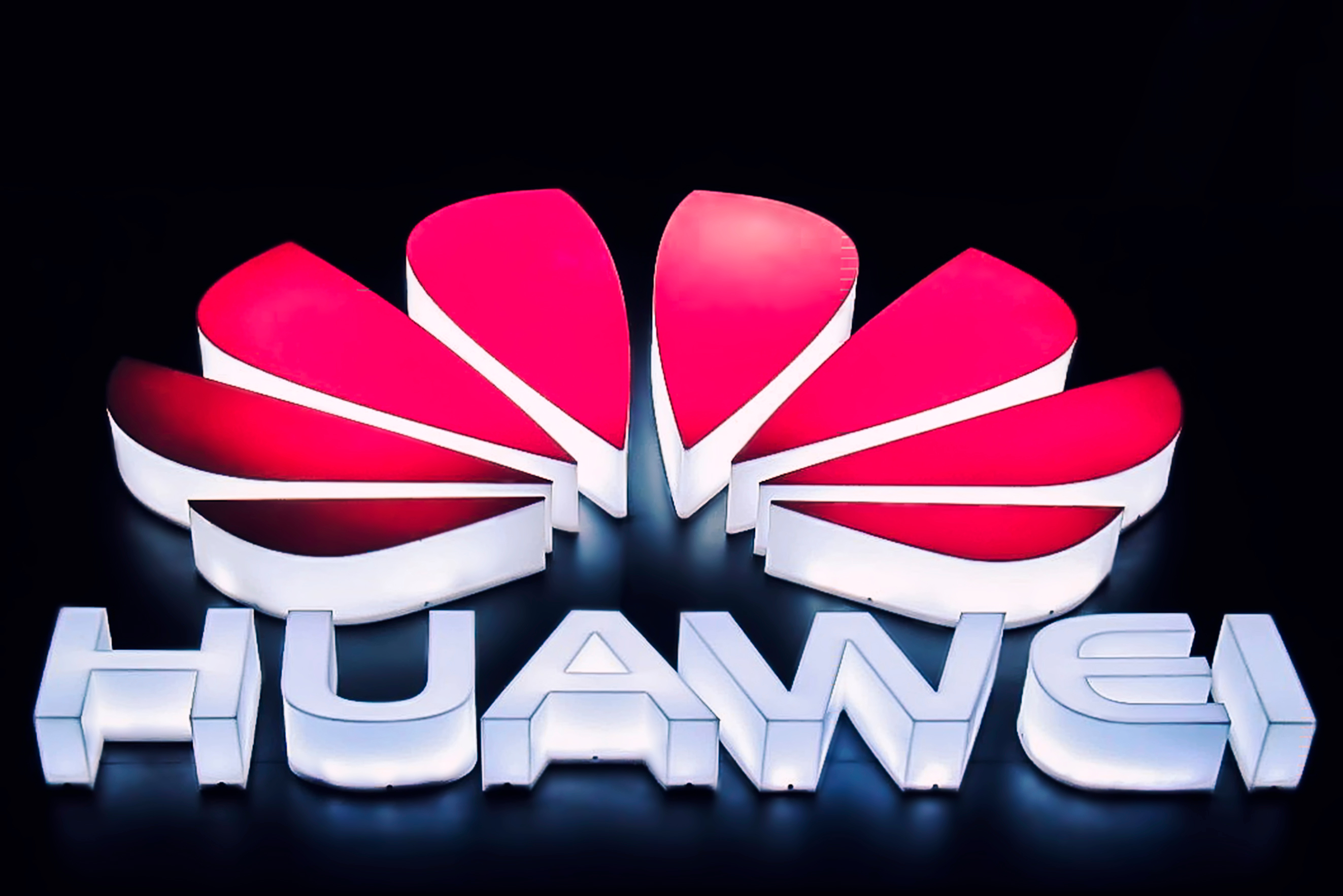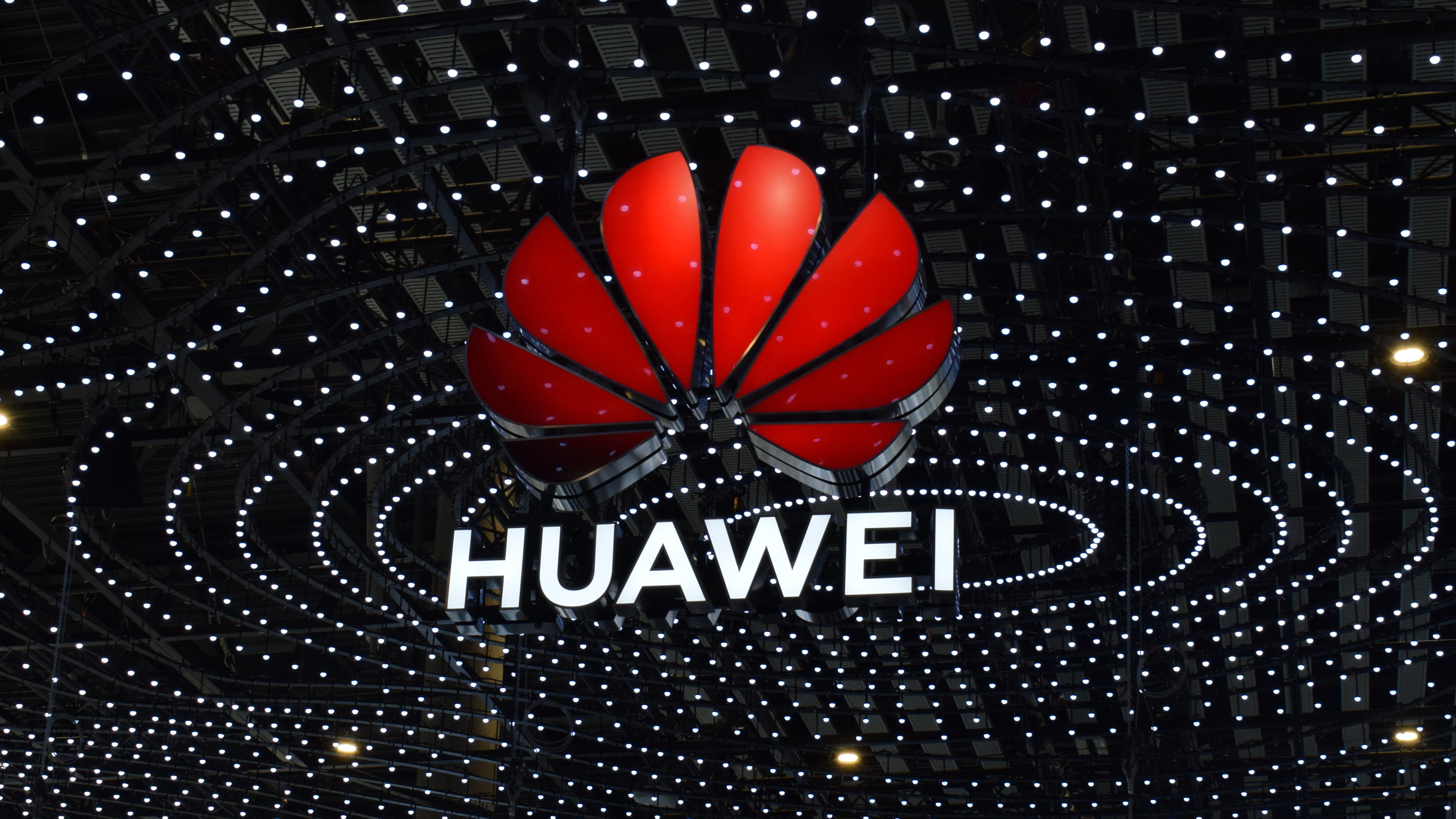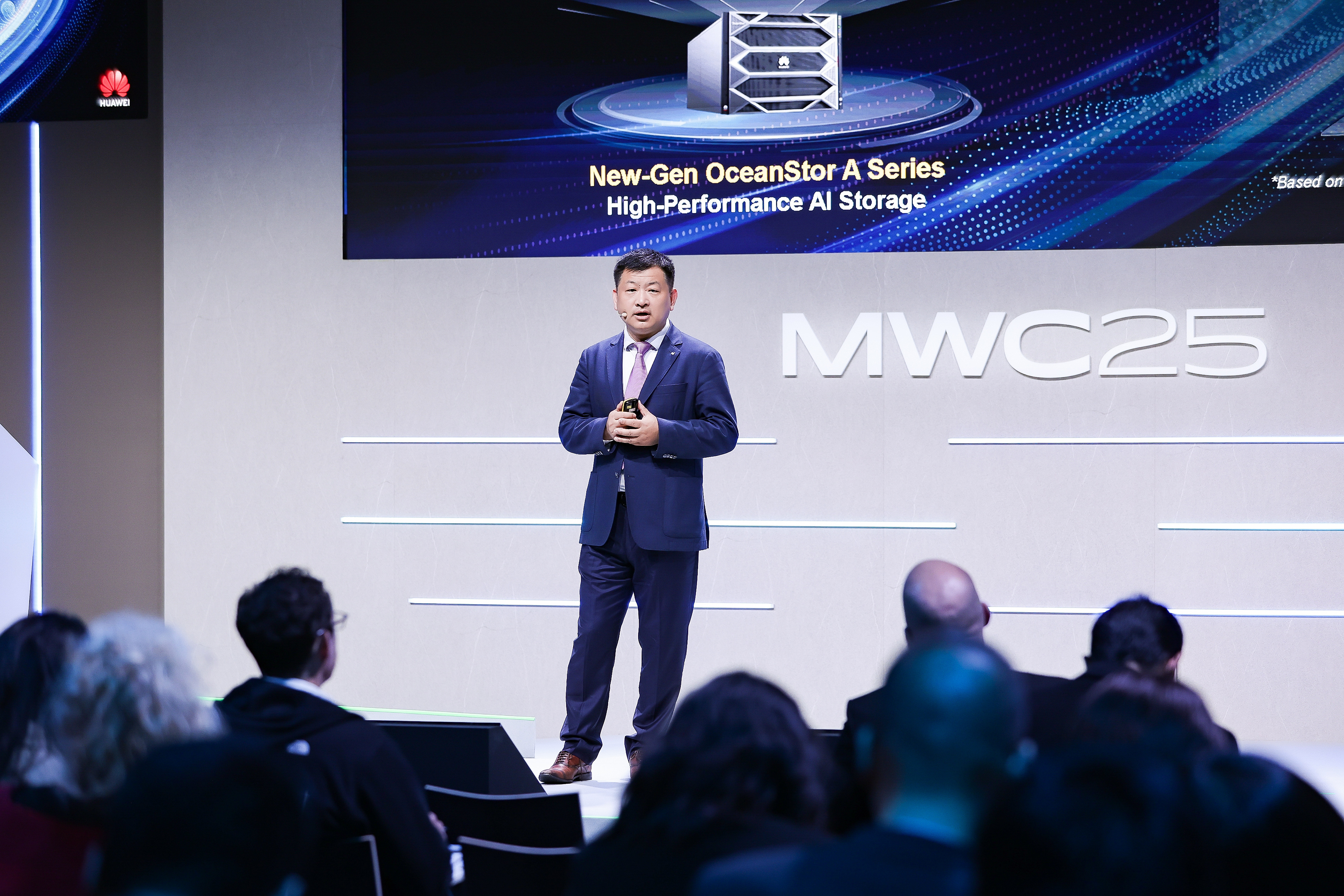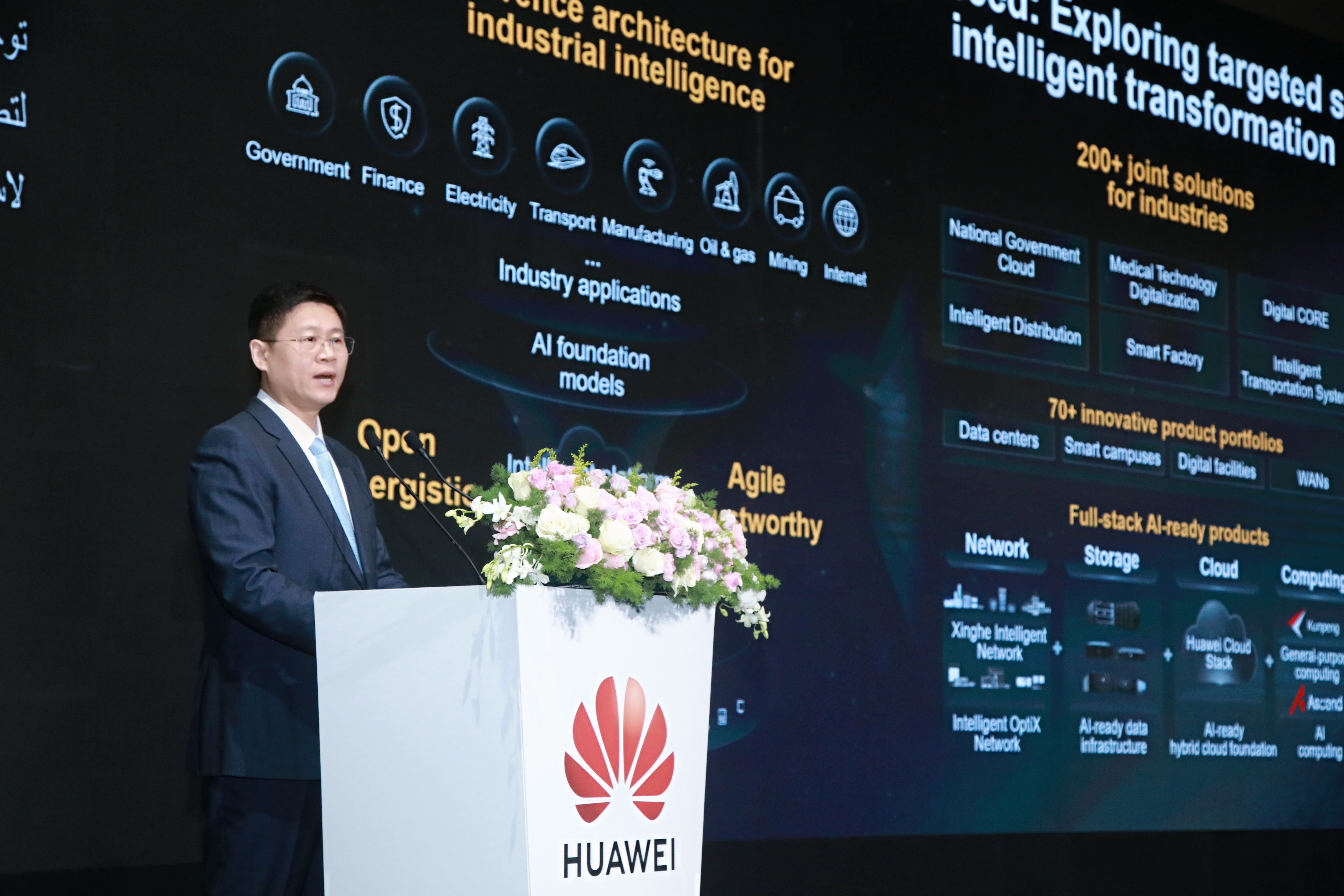Trump administration tightens Huawei restrictions
New restrictions aim to limit Huawei’s access to commercially available chips

On Monday, the Trump administration announced it’s tightening restrictions on Huawei Technologies to limit the company's access to commercially available chips.
The US Commerce Department’s actions will expand restrictions aimed at preventing Huawei from obtaining semiconductors without a special license, including foreign-made chips manufactured using US software or technology. The Trump administration first announced restrictions targeting Huawei in May.
Sources say the Trump administration will also add 38 Huawei affiliates in 21 countries to the growing list of companies on the government’s economic restrictions. Huawei was added to the list in May 2019.
In an interview with Fox Business, Commerce Secretary Wilbur Ross explained the restrictions imposed on Huawei-designed chips in May resulted in the company going through third parties.
“The new rule makes it clear that any use of American software or American fabrication equipment is banned and requires a license,” Ross added.
Secretary of State Mike Pompeo further explained that the rule change “will prevent Huawei from circumventing U.S. law through alternative chip production and provision of off-the-shelf chips.”
The tightened restrictions are effective immediately and, according to the Commerce Department, should stop Huawei from evading US export controls. A Commerce Department official added in a statement to Reuters, it “makes clear that we’re covering off-the-shelf designs that Huawei may be seeking to purchase from a third-party design house.”
Sign up today and you will receive a free copy of our Future Focus 2025 report - the leading guidance on AI, cybersecurity and other IT challenges as per 700+ senior executives
A separate new rule will require companies on the administration’s economic restrictions list to secure a license when a company on the list acts as a purchaser, intermediate consignee, ultimate consignee or as an end-user.
The department also confirmed it won’t extend the temporary general license allowing US software providers to continue sending updates and patches to customers using Huawei devices. The temporary license expired Friday. Instead, parties must now submit license applications for previously authorized transactions.
The Commerce Department says it’s adopting a limited permanent authorization for Huawei entities to allow “ongoing security research critical to maintaining the integrity and reliability of existing” networks and equipment too.
Though the May restrictions don’t go into full effect until September 14, the existing restrictions have already had an impact on Huawei and its suppliers. As a result of pressure being put on US suppliers, Huawei will cease production of its flagship Kirin chipsets next month.
-
 Redefining resilience: Why MSP security must evolve to stay ahead
Redefining resilience: Why MSP security must evolve to stay aheadIndustry Insights Basic endpoint protection is no more, but that leads to many opportunities for MSPs...
-
 Microsoft unveils Maia 200 accelerator, claiming better performance per dollar than Amazon and Google
Microsoft unveils Maia 200 accelerator, claiming better performance per dollar than Amazon and GoogleNews The launch of Microsoft’s second-generation silicon solidifies its mission to scale AI workloads and directly control more of its infrastructure
-
 Using innovation to propel business success
Using innovation to propel business successHuawei has demonstrated an innovation-first approach to business for decades, across proprietary and open source technologies
-
 Huawei’s Peter Zhou on the future of data storage to accelerate business digital transformation
Huawei’s Peter Zhou on the future of data storage to accelerate business digital transformationSponsored Content Storage in the era of AI will create new challenges for cold and warm data
-
 Doing business under US sanctions: a Huawei success story
Doing business under US sanctions: a Huawei success storyAnalysis Doubling down on R&D, diversifying its business, and seeking out ripe new markets – the resurgence of Huawei carries lessons for all businesses
-
 Huawei empowers SMEs through digital and intelligent transformation
Huawei empowers SMEs through digital and intelligent transformationSponsored Content Huawei launches new solutions and strengthens partnerships to drive digital transformation for SMEs, aiming to empower small businesses in the intelligent era
-
 Reshaping traditional industries with technology
Reshaping traditional industries with technologySponsored Content Industries worldwide are on the brink of a new era as technologies like AI, 5G-A, and cloud computing reshape the landscape
-
 Driving intelligent transformation: Huawei's vision for the future at Gitex Global 2024
Driving intelligent transformation: Huawei's vision for the future at Gitex Global 2024Sponsored Content Li Peng, corporate senior vice president and president of ICT sales and service at Huawei, outlines how the company is leading the way in intelligent transformation, building partnerships, and developing talent to drive global growth in the intelligent era
-
 Global digitalization index (GDI) in-depth analysis
Global digitalization index (GDI) in-depth analysisSponsored Content As digital technologies reshape industries and redefine global economies, Huawei’s Global Digitalization Index (GDI) 2024 offers a detailed analysis of how nations can leverage ICT to accelerate growth
-
 Striding towards the intelligent world
Striding towards the intelligent worldSponsored Content As global industries rapidly shift gears from digitalization to digital-intelligent transformation, data storage emerges as the critical driver of this evolution